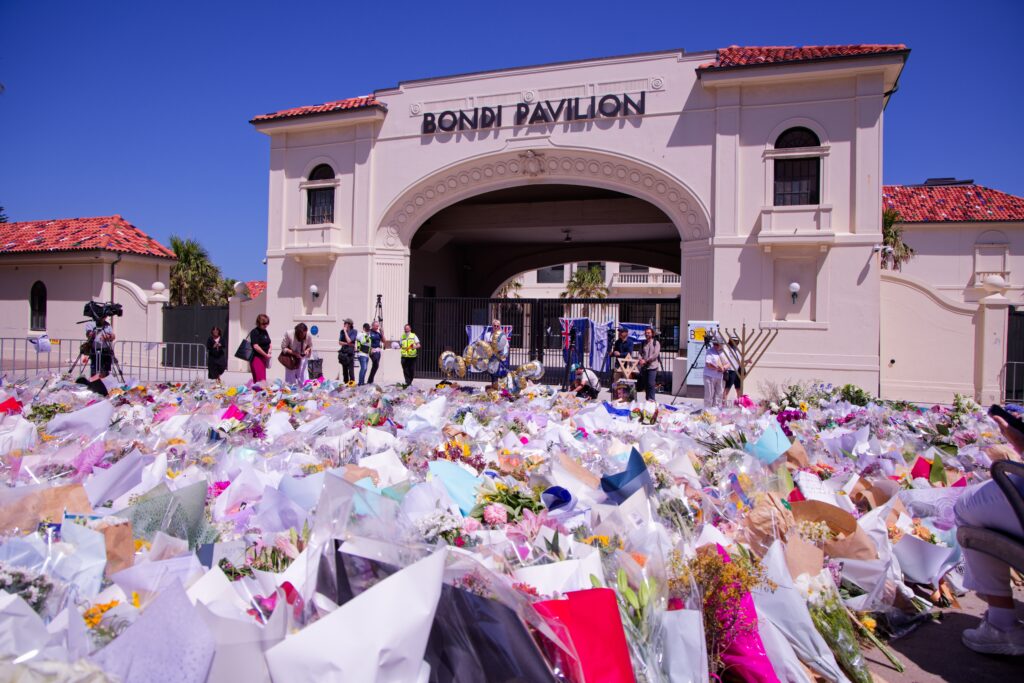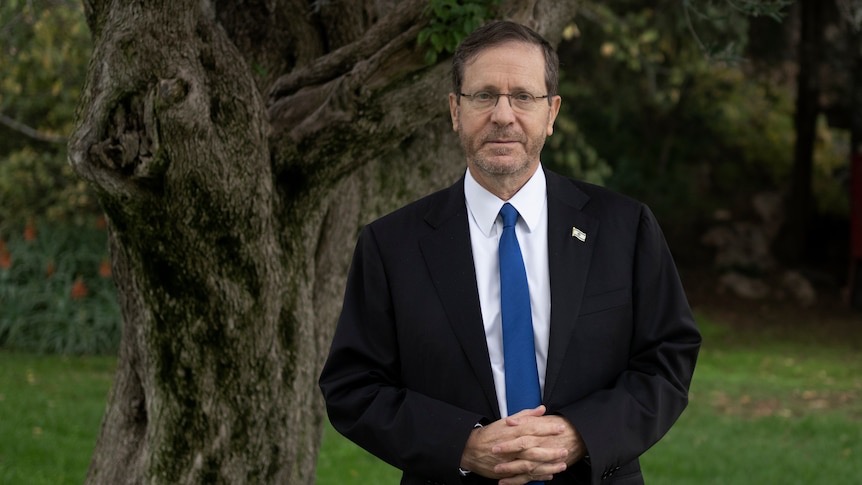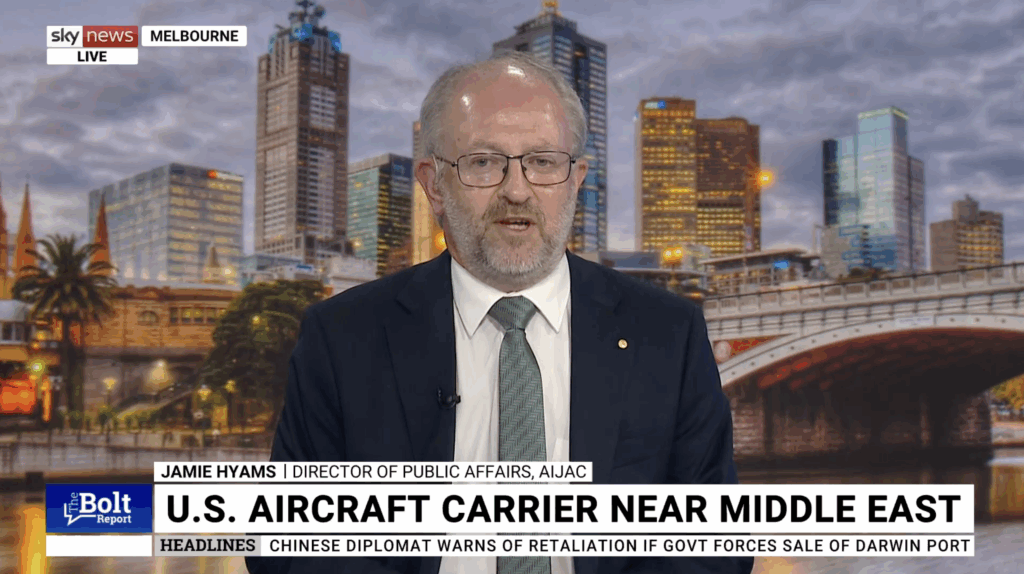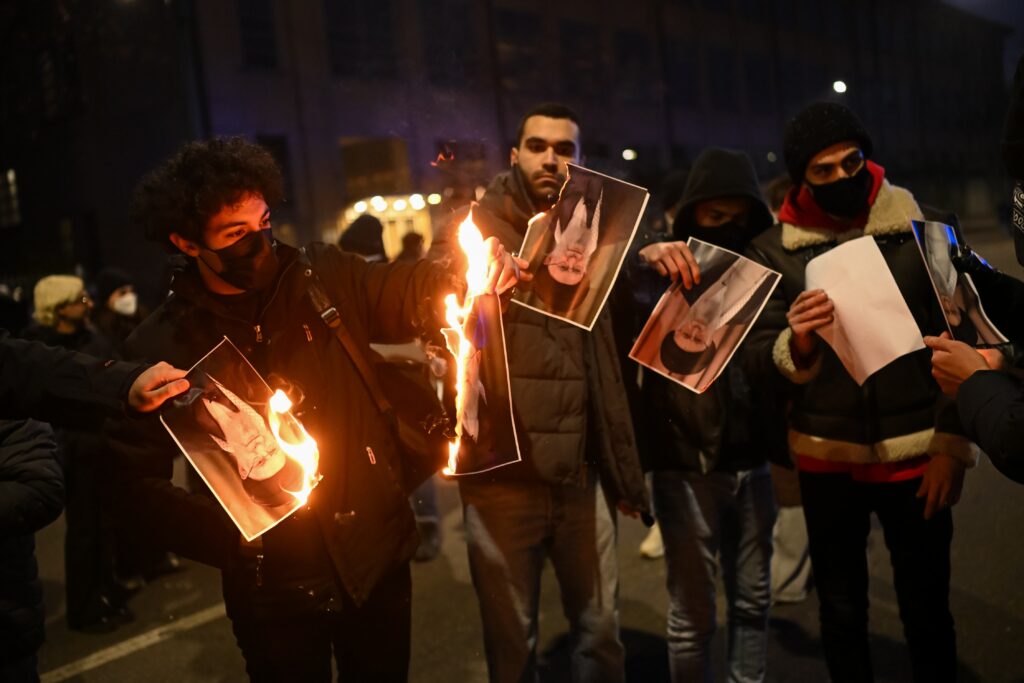IN THE MEDIA
Modi in Israel
July 18, 2017 | Sharyn Mittelman
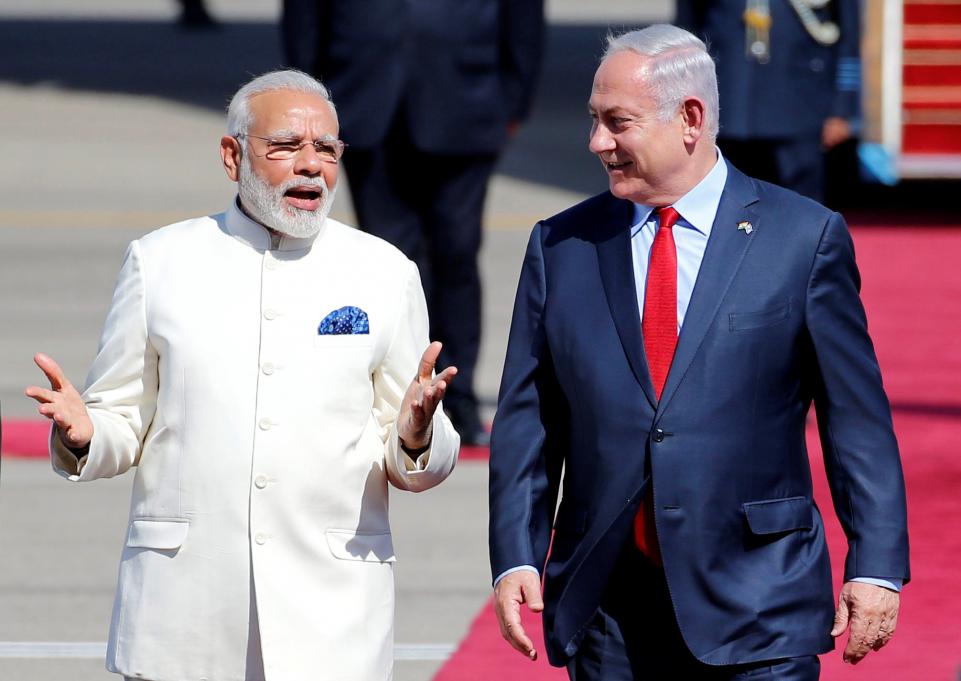
Indian premier’s visit signals increasingly confident engagement with the Middle East
Sharyn Mittelman
Bangkok Post – 17 July 2017
http://www.bangkokpost.com/business/news/1288631/modi-in-israel
Narendra Modi made history in the first week of July as the first sitting Indian prime minister to visit Israel. The visit reflects the rapidly growing warm ties between the two democratic nations, as they seek greater cooperation on a range of issues including trade, defence, tourism, agriculture and water technologies.
In the lead-up to the visit, Modi and Israeli Prime Minister Benjamin Netanyahu penned a joint op-ed article in which they wrote: “The deep connection between our peoples reflects our many similarities in spirit, if not in size. Ours are two modern, vibrant democracies that draw on our rich historical traditions while striving to seize the promise of the future for our peoples.”
The two nations also face common challenges including the threat of terrorism and undemocratic neighbours. As Netanyahu told Modi in Jerusalem, while referencing Modi’s beloved yoga: “When I do a relaxing talasana pose in the morning and I turn my head to the right, India is the first democracy that I’ll see. And when Prime Minister Modi does a relaxing pose of vasistasana and he turns his head to the left, Israel is the first democracy that you can see.”
The visit marks 25 years of diplomatic relations between Israel and India, which only began in 1992 with the end of the Cold War. Prior to that, India was a leading member of the Non-Aligned Movement of developing countries and sided with the Palestinians in their conflict with Israel.
Yet, the political relationship has only deepened since Modi’s Bharatiya Janara Party (BJP) came to power in 2014. The BJP, which emphasises Hindu identity, has demonstrated genuine interest in strengthening ties with Israel.
Israeli agricultural technologies are helping feed India’s huge population of 1.3 billion, while trade and investment between the two countries has also flourished and is estimated to be worth around US$6 billion annually.
Today, Israel is one of the largest military suppliers to India. While no defence deals were concluded on this visit, Indian Ministry of Defence officials told Defense News that agreements for India to purchase Spike anti-tank missiles and 10 armed Heron TP drones, worth about $1.9 billion, were nearly finalised and will be signed this year.
Last year, India signed two large deals with the Israel Aerospace Industries (IAI). One deal, worth around $2 billion, includes an air defence system, as well as the naval version for India’s navy aircraft carrier.
The other deal, worth $630 million, was signed with the Indian state-owned company Bharat Electronic Ltd for the installation of the Barak 8 systems on four navy ships. Barak 8 is an Indian-Israeli surface-to-air-missile designed to defend against any type of airborne threat. It was developed as a joint project between India and Israel, and the sales are a continuation of the policy of bilateral cooperation.
The defence relationship also stretches beyond arms trade to include counter-terrorism, cyber security, homeland security, border management and intelligence sharing, as well as the cooperation on air forces and navies.
Regarding the Israeli-Palestinian conflict, India has generally attempted to remain neutral. In advance of his trip to Israel, Modi last month met with Palestinian Authority President Mahmoud Abbas when the latter made a three-day state visit to India, and last year Modi visited Saudi Arabia, Iran and Qatar.
However, the Indian premier’s decision to visit Israel and not the Palestinian territories on this trip appears to be a symbolic shift which reflects that India is seeking to treat its relationship with Israel as separate to its relationship with the Palestinians.
As India’s Ambassador to Israel Pavan Kapoor told The Times of Israel: “[W]e are at a state where we have reached the political maturity where we can tell the Arab world that, yes, we will continue to work with Israel because it’s in our interest and on its merit, and we will still continue to support the Palestinian cause because we believe in that.”
India has also changed its voting pattern at the UN to occasionally abstain on Palestinian-sponsored resolutions, rather than join the automatic majority against Israel. Kapoor said that India now votes according to the merits of the issue rather than as a bloc.
He also said that while India remains supportive of the Palestinians, “where we feel resolutions are being unfair to Israel and are pushing them in a direction which doesn’t make sense, then we will vote differently”. Resolutions denying the Jewish people’s link to Jerusalem, for instance, “make no sense” and would not garner Indian support, he maintains.
While Israel and India have a growing trade relationship, many believe it only scratches the surface of what can be achieved as Israeli exports to India were only around 3% of Israel’s total exports. India has one of the world’s largest and fastest-growing economies therefore greater cooperation with Israel’s start up scene is likely to yield significant mutual benefits.
Indeed, these benefits from the India-Israel friendship are wide ranging, extending to cooperation on many areas including security, trade and the environment.
Sharyn Mittelman is a senior policy analyst at the Australia/Israel and Jewish Affairs Council.


